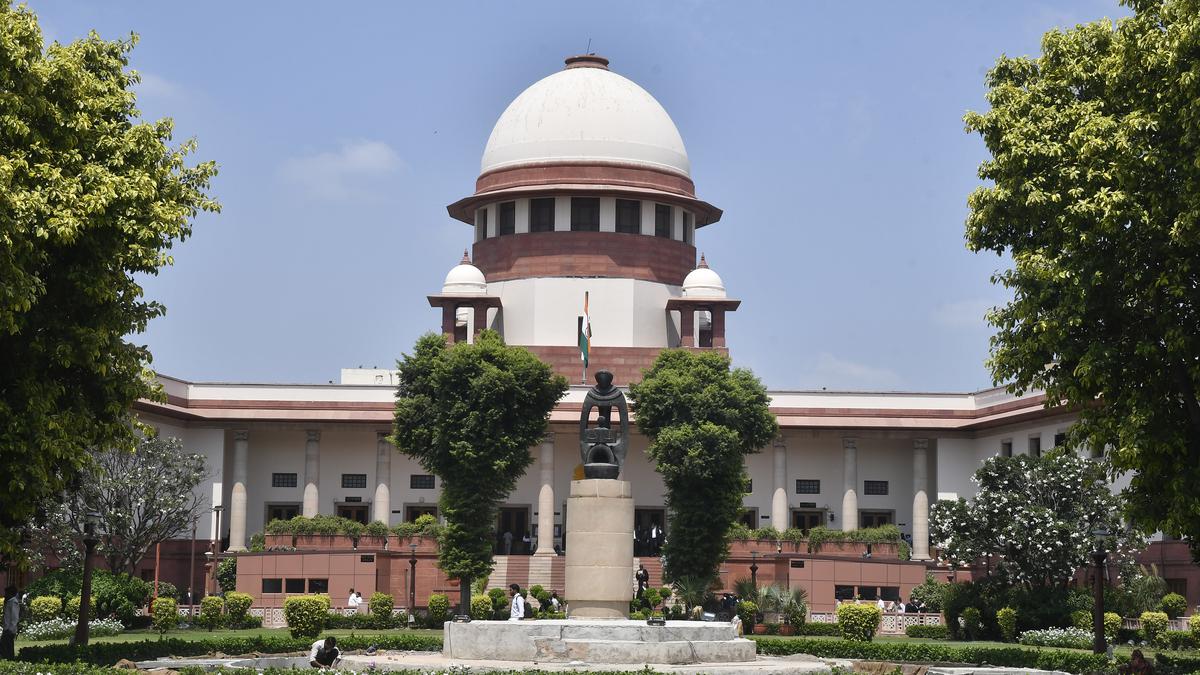
Supreme Court rules that tribunals cannot direct government to frame policy
The Hindu
The Supreme Court was dealing with a question on whether the Armed Forces Tribunal could have directed the government to make a policy to fill up the post of the Judge Advocate General (Air).
The Supreme Court has clarified that tribunals functioning under the strict parameters of their governing legislations cannot direct the government to make policy.
“Making policy, as is well recognised, is not in the domain of the judiciary. The Tribunal is also a quasi-judicial body, functioning within the parameters set out in the governing legislation... It cannot direct those responsible for making policy, to make a policy in a particular manner,” a Bench of Justices A.S. Oka and Sanjay Karol held.
The Bench was dealing with a question on whether the Armed Forces Tribunal (AFT) could have directed the government to make a policy to fill up the post of the Judge Advocate General (Air).
It has been observed time and again that a court cannot direct the government for a legislation or a policy to be made.
Justice Karol, who authored the judgment, noted that the AFT was vested with the powers of a civil court. The Tribunal did not have the powers of the Supreme Court or the High Courts.
Even the High Courts cannot, in exercise of the powers under Article 226 of the Constitution, direct the government or a department to formulate a particular policy.
The judgment said the creation or sanction of a scheme or policy regarding the service of defence personnel or their regularisation was the “sole prerogative of the government”.

The event will run daily from 10 a.m. to 8.30 p.m., offering a variety of activities. Visitors can enjoy dance and music performances, hands-on art experiences, film screenings, and exhibitions from 10.30 a.m. to 6.30 p.m. These will feature folk cuisines, leather puppets, philately, textiles, and handicrafts.

















